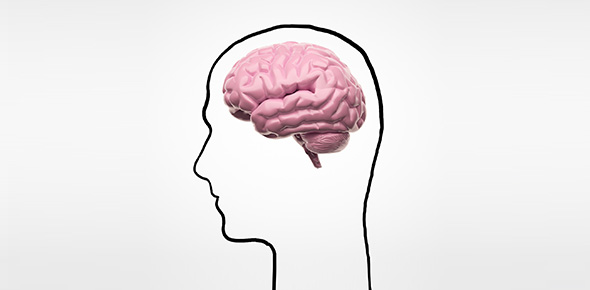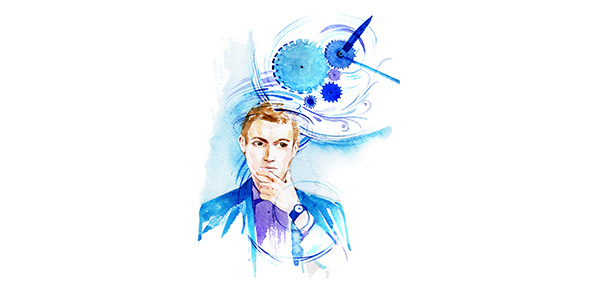Related Flashcards
Related Topics
Cards In This Set
| Front | Back |
|
Knowledge
|
-information acquired through memory and learning
|
|
Concepts
|
-mental representation of acquired knowledge
|
|
Categories
|
-more indepth than schemas
-can have a family resemblance -can have a prototype |
|
Importance of Categories
|
-points to knowledge
-inference-making |
|
Associate View of Memory
|
-memory consist of a huge network of associated representations
ex: "HOUSE" will contact house representations in memory |
|
Collins and Quillians Semantic Network
|
-retreival from long term memory based on spreading activation through a newtwork of associated representations (nodes or units)
-activation may be non-conscious |
|
Spatial Hypothesis
|
-the way we think/organize our memories
-conceptually related and/or similar material is stored physically close together in long term memory -hierarchy of concepts: animal-->bird-->canary "Is a canary an animal" takes less time to answer than "Is a canary a bird" |
|
Hierarchy of Concepts
|
-a part of the spatial hypothesis
animal-->bird-->canary "Is a canary an animal" takes less time to answer than "Is a canary a bird" |
|
Rosch et Al
|
-1976
-3 levels of categories: -superordinate -basic -subordinate |
|
Superordinate Level
|
-most general category level named by rosch et al
|
|
Basic Level
|
-more specific level category than superodinate level
-named by rosch et al -is psychologically privileged/psychologically more important than the other levels -we used this when naming pictures (when looking at a picture of a canary, we'd say "bird" not "animal" (superordinate) or canary (subordinate) |
|
Subordinate Level
|
-most specici level of categorization
-named by rosch et al -used by experts |
|
Family Resemblance
|
-things in a particular category resemble one another in a number of ways
|
|
Prototype
|
-average representation of the members of a category
|
|
High-Prototypicality
|
-close resemblance to category prototype
|






